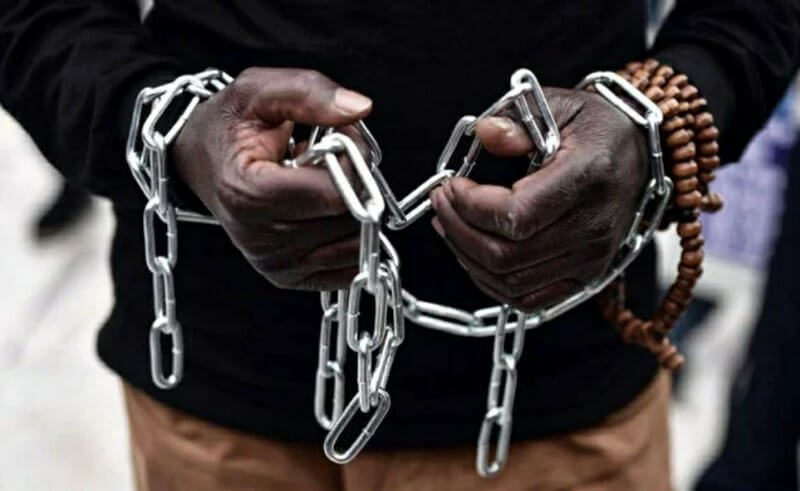
Mali has opened Africa’s largest lithium mine, the Goulamina mine, in Bougouni on December 17. The mine is operated by Ganfeng Lithium, China’s largest, and the world’s third-largest producer of lithium compounds.
Ganfeng announced that the first phase of its Goulamina lithium mine, in the southern region of Bougouni, has a planned annual capacity to produce 506,000 tonnes of lithium, which will grow to 1 million tonnes in the second phase.
Considered one of the world’s largest deposits of the critical mineral, it is estimated that the mine could be explored for more than 23 years, producing 15.6 million tonnes of spodumene concentrate over that period. Lithium is a key component in batteries for electric vehicles and electronics.
At the launch of the plant, Mali’s transitional President Assimi Goita described his country’s cooperation with China as a “strategic and sincere” partnership. Goita said the lithium mine was extremely important for the West African nation and the launch of the processing plant “marks a significant step forward in the exploitation of the country’s natural resources”.
Chinese ambassador to Mali Chen Zhihong, who attended the inauguration ceremony, said the Goulamina mine “is a new example of win-win cooperation”.
Ganfeng bought a 40 per cent stake in the Goulamina lithium mine from Australian firm Leo Lithium in May. The deal came after a new mining code introduced in 2023 stipulated that the Malian government was entitled to a 10 per cent free carry stake and could also acquire an additional 25 per cent.
At the time, Leo Lithium said the risks of operating in Mali were not worth the potential future financial returns, considering the amount from the project that could end up going to the Mali government under the new code.
In line with the mining code, Mali recently announced a plan to acquire a 35 per cent stake in the Goulamina mine – of which 10 per cent would be granted free of charge and an additional 25 per cent would be bought. When completed, Ganfeng Lithium will indirectly hold a 65 per cent stake in the project, with the rest going to the Mali government.
Adam Megginson, a senior analyst at Benchmark Mineral Intelligence, said the start of production at Goulamina was another indication of the leading role that China was playing in developing capacity on the continent.
Megginson said part of what made Chinese investment so compelling is that it tended to come with knowledge, workers, and equipment from China, which already boasts a highly developed critical minerals processing ecosystem. By contrast, he said, capital from elsewhere lacked the integration with an established downstream supply chain with relevant expertise that China had.
“It is becoming clear that a large proportion of the projects that have managed to come online outside of China are owned or operated by Chinese entities,” Megginson said.
The Malian junta is banking on the mine to boost its economy and has welcomed Chinese investment – even as companies from the West have retreated from the country following the 2020 military coup that overthrew former president Ibrahim Boubacar Keita.
Chinese companies have been investing in African mines to secure critical minerals for the global green energy transition, such as multibillion-dollar investments in lithium mining operations in Zimbabwe. This has placed Beijing ahead of its Western rivals in the race for these minerals.
Besides the Goulamina lithium mine, another Chinese company Hainan Mining, part of Fosun Group, has a 51 per cent stake in the Bougouni Lithium Project in southern Mali, 180km south of the capital, Bamako.
Chris Berry, president of US-based commodities advisory firm House Mountain Partners, said: “It would seem that only Chinese companies are willing to shoulder the risks associated with doing business in Africa including partial or entire asset expropriation.”
However, Megginson said, that was not to say that the Malian government or its citizens should not share in the country’s mineral wealth. They should, but contracts should be honoured no matter who is in charge in the government.
He said the production in Mali and Zimbabwe would certainly add supply, “but in some ways are complicating matters as the lithium market is currently suffering from an oversupply situation”. Megginson said Benchmark was forecasting the lithium market to be in relative equilibrium in 2025.
Source: SCMP

This article is published by either a staff writer, an intern, or an editor of TheAfricanDream.net, based on editorial discretion.





